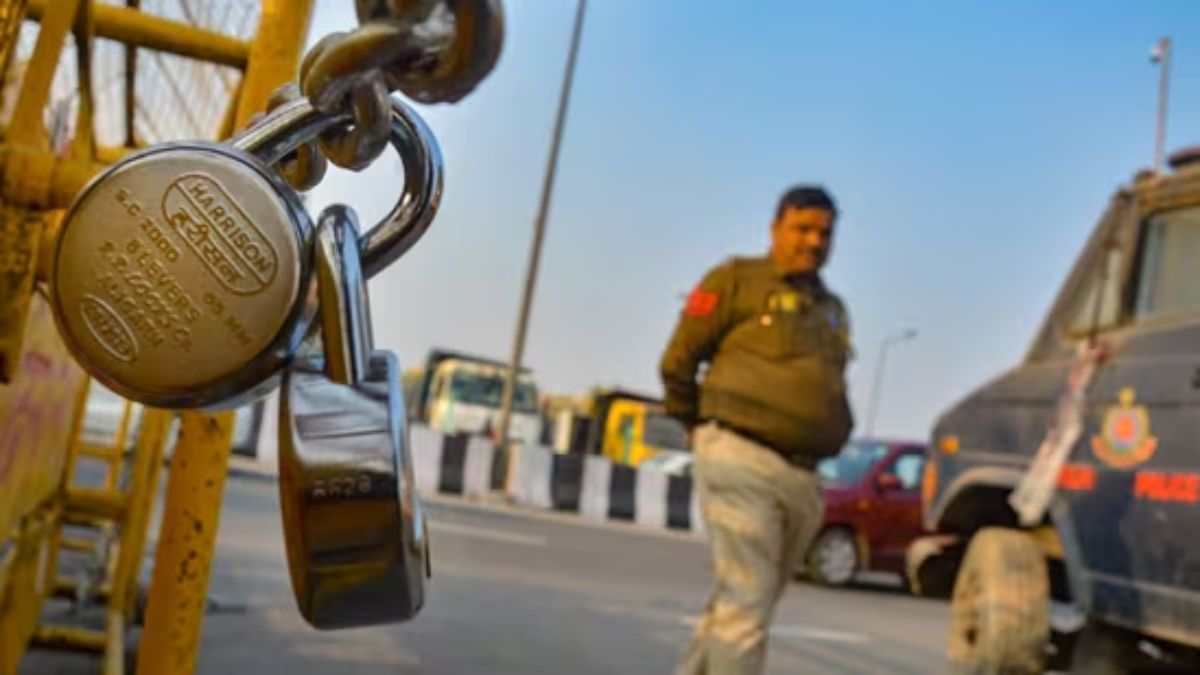India is witnessing a nationwide Bharat Bandh on July 9 (Wednesday), with over 25 crore workers striking in protest against central government policies deemed “anti-worker, anti-farmer, and pro-corporate”.
Organised by a coalition of 10 central trade unions, along with farmers’ and rural labour groups like the Samyukta Kisan Morcha, this general strike could disrupt several key sectors across the country.
From banks to schools, here’s what is open and closed on Bharat Bandh (July 9).
Banks & financial services
While no official holiday has been declared, unions like the All India Bank Employees Association (AIBEA) and Hind Mazdoor Sabha warn that public sector and co-operative banks are likely to shut, affecting services such as cheque clearances, customer support, and in-branch transactions.
Bengal Provincial Bank Employees Association, affiliated to the AIBEA, further said that the insurance sector will also join the strike.
Post offices & public transport
Postal services, state transport buses, and coal mining operations will likely be hit, as workers from National Mineral Development Corporation (NMDC), state transport services, and other public sector undertakings participate in the bandh.
Public buses, taxis, and app-based cab services could be affected as trade unions and allied groups hold protest marches and road demonstrations in several cities. This may lead to delays or cancellations in local travel and logistical operations.
Railways & metro
While there is no official railway strike, protest-related roadblocks near stations may cause local train delays. Metro and air travel are expected to run normally.
Daily commuters are advised to plan ahead and expect possible traffic diversions and longer travel times.
Schools, colleges & offices
Educational institutions and most private offices are expected to remain open. However, with public transport disruptions likely, students, teachers, and office-goers may experience delays.
Essential services
Hospitals, pharmacies, emergency services, and utilities (electricity, water supply) are expected to continue operations as usual.
Shops & markets
Retail outlets and neighbourhood shops may stay open, but footfall could drop depending on local participation.
Also read: Bharat Bandh isn’t helping India: PM Modi needs a plan to deal with striking unions
Why is there a Bharat Bandh?
The nationwide strike has been called by 10 central trade unions to protest what they describe as “anti-worker and anti-farmer policies”. At the heart of their concerns are recent labour and economic reforms, which, they say, favour big corporations at the expense of ordinary workers and the agricultural sector.
The union forum pointed out that the annual labour conference hasn’t been held in a decade, and accused the government of making unilateral decisions that go against workers’ interests.
They also criticised the push for the four labour codes, claiming the move is meant to weaken collective bargaining, limit union activity, and benefit employers under the guise of improving the “ease of doing business”.
Beyond labour rights, the forum also raised alarm over rising unemployment, soaring prices of essential goods, stagnant wages, and cuts in public spending on health, education, and civic services. They argue that these issues are worsening economic inequality and pushing lower-income and middle-class families deeper into distress.
Another major concern is the recruitment policy in government departments. Instead of hiring young professionals, the unions claim the government is reappointing retired personnel, especially in departments like the Railways, NMDC Ltd, the steel sector, and education.
This, they say, is especially troubling in a country where 65 per cent of the population is under 35, and the highest unemployment rates are among those aged 20 to 25.
The protesting unions have a set of demands: tackle unemployment, fill vacant government posts, create more jobs, and increase both the pay and workdays for MGNREGA workers. They are also calling for a similar employment scheme to be implemented for urban areas.
With input from agencies
)